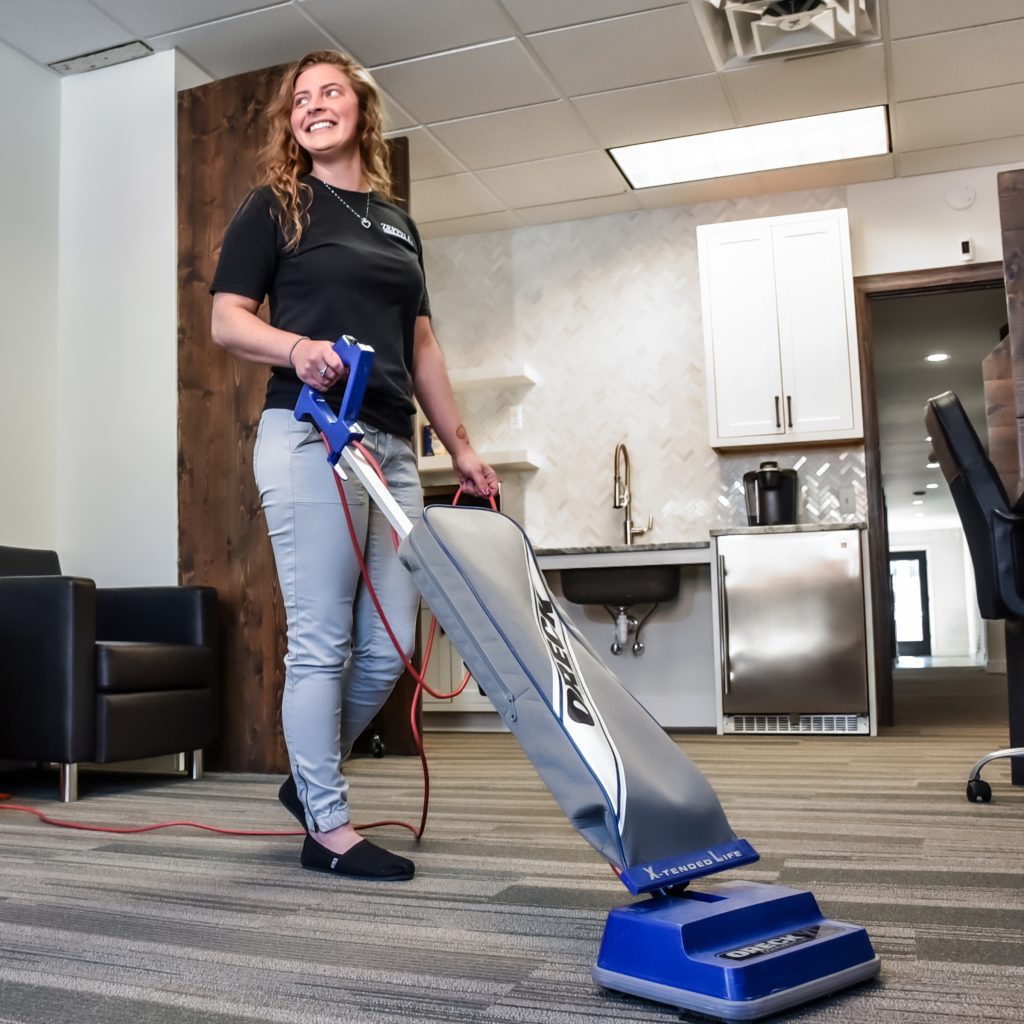Evidence-Based Strategies to Combat Seasonal Allergies Inside Your Home
As seasonal allergies continue to affect millions, finding effective strategies to alleviate symptoms within our homes becomes paramount. Backed by data and recommendations from medical professionals and federal agencies, below you’ll find seven evidence-based changes you can make today to create a more allergen-free environment.
1. Maintain Rigorous Cleaning Practices
According to the American College of Allergy, Asthma, and Immunology (ACAAI), regular cleaning significantly reduces indoor allergens. Data from the Environmental Protection Agency (EPA) suggests that vacuuming carpets and rugs with a HEPA filter can capture up to 99.97% of particles, including dust mites and pollen. Furthermore, damp dusting surfaces prevents allergens from becoming airborne, as endorsed by the Centers for Disease Control and Prevention (CDC).


2. Regulate Indoor Humidity Levels
The CDC recommends maintaining indoor humidity levels between 30-50% to mitigate dust mite proliferation. Data from the National Institute of Environmental Health Sciences (NIEHS) indicates that dehumidifiers effectively reduce humidity in damp areas, inhibiting mold growth and dust mite activity. Additionally, the American Academy of Allergy, Asthma & Immunology (AAAAI) emphasizes the role of air conditioning in controlling indoor humidity and filtering outdoor allergens.
3. Upgrade HVAC Air Filters
The EPA highlights the importance of regularly replacing HVAC filters to minimize allergen circulation. Studies cited by the National Institute of Allergy and Infectious Diseases (NIAID) demonstrate that HEPA filters effectively capture airborne allergens, providing relief to allergy sufferers. Consulting with an HVAC professional and selecting appropriate filters can significantly improve indoor air quality, per recommendations from the American Lung Association (ALA).
4. Establish an Allergy-Safe Bedroom
Leading allergists, including those from the ACAAI, recommend allergen-proof bedding to create a sanctuary for quality sleep. Statistics from the National Sleep Foundation (NSF) reveal that allergy sufferers experience disrupted sleep due to symptoms. Encasing mattresses, pillows, and box springs in allergen-proof covers, endorsed by the Asthma and Allergy Foundation of America (AAFA), can mitigate exposure to dust mites and pet dander, leading to improved sleep quality.
5. Minimize Indoor Plant Presence
While indoor plants offer aesthetic benefits, the CDC warns that they can harbor mold spores and attract insects, aggravating allergies. According to data from the National Center for Biotechnology Information (NCBI), mold exposure contributes to allergic rhinitis symptoms. Limiting indoor plants, especially in bedrooms and bathrooms, aligns with recommendations from allergists and environmental health experts to reduce allergen exposure.
6. Schedule Professional Air Duct Cleaning
The EPA emphasizes the importance of clean air ducts in maintaining indoor air quality. Federal agencies, including the National Institute for Occupational Safety and Health (NIOSH), recommend periodic air duct cleaning to remove allergen buildup. Studies published by the American Thoracic Society (ATS) demonstrate that clean air ducts contribute to respiratory health, making professional cleaning a crucial step in allergy management.
7. Utilize Hot Water Extraction Carpet Cleaning
Hot water extraction, also known as steam cleaning, is recommended by allergists and environmental health experts for effectively removing allergens from carpets and upholstery. The process involves injecting hot water and cleaning solution into carpets, agitating the fibers, and then extracting the solution along with dirt, dust, and allergens. Research from the Journal of Allergy and Clinical Immunology indicates that hot water extraction significantly reduces allergen levels, providing relief to allergy sufferers.
Implementing these evidence-based strategies can significantly reduce allergen exposure within your home, providing relief from seasonal allergies. By incorporating these changes based on medical recommendations and federal guidelines, you can create a healthier and more comfortable indoor environment for you and your family. Schedule your cleaning service with Zeppelin today.
Visit these sites to learn more:
- American College of Allergy, Asthma, and Immunology (ACAAI)
- Environmental Protection Agency (EPA)
- Centers for Disease Control and Prevention (CDC)
- National Institute of Environmental Health Sciences (NIEHS)
- American Academy of Allergy, Asthma & Immunology (AAAAI)
- National Institute of Allergy and Infectious Diseases (NIAID)
- American Lung Association (ALA)
- National Sleep Foundation (NSF)
- Asthma and Allergy Foundation of America (AAFA)
- National Center for Biotechnology Information (NCBI)
- National Institute for Occupational Safety and Health (NIOSH)
- American Thoracic Society (ATS)
- Journal of Allergy and Clinical Immunology
